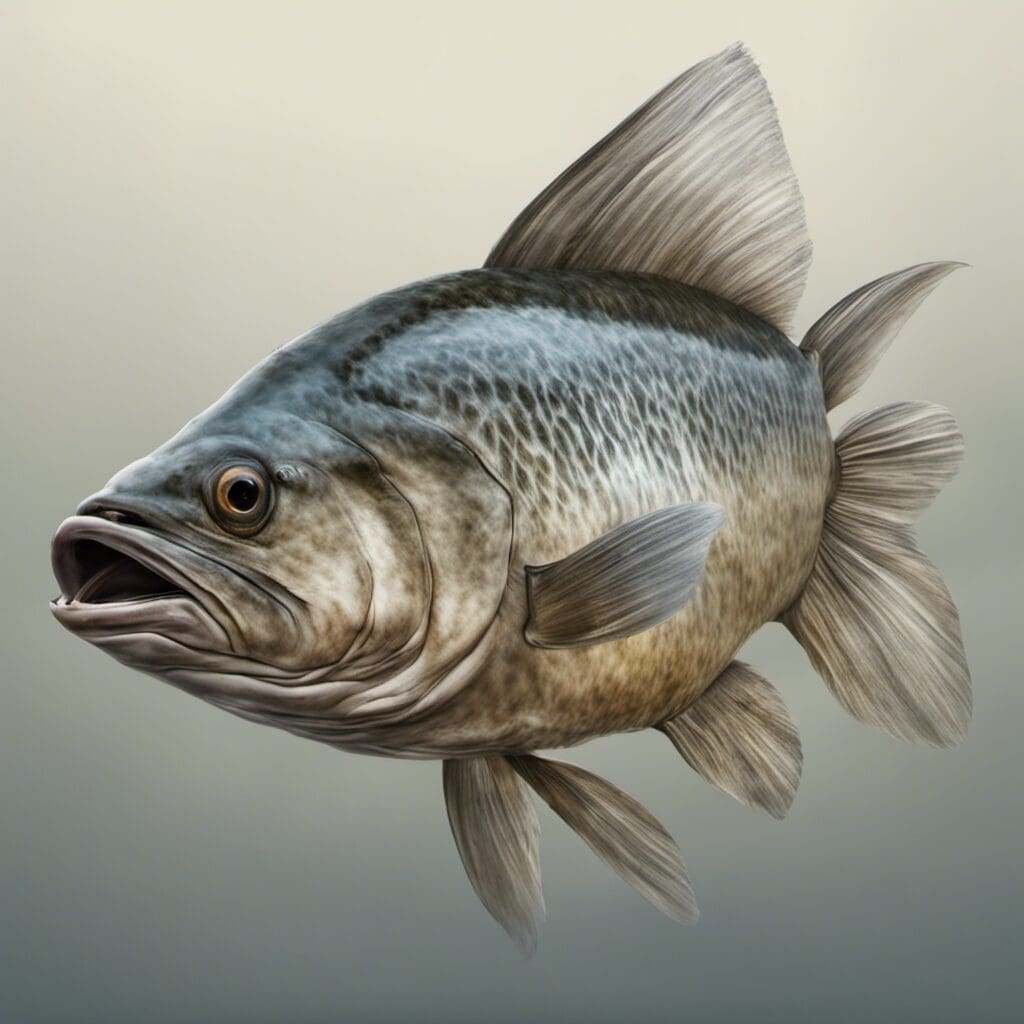Introduction: Saithe
The Saithe, scientifically known as Pollachius virens, is a commonly found species of fish from the Gadidae family.
Conservation Status
Known for its large population, the Saithe is not currently considered a threatened species. Conservation efforts are not primarily focused on the Saithe due to its relatively stable numbers.
Statistics
| Statistic | Average | Range |
|---|---|---|
| Length | 70-100 cm | 30-130 cm |
| Weight | 4-7 kg | 1-18 kg |
| Average Lifespan | 16 years | 10-25 years |
Distribution
The Saithe is widespread across the Northern Atlantic Ocean. Its habitat extends from North America to Europe, with significant populations observed in the North Sea, the Norwegian Sea, and the Barents Sea. Saithe are known to migrate in search of food, usually moving to deeper waters as they mature.
Habitats
- Water type: Saltwater
- Depth range: 30-600 meters
- Temperature range: 2-10°C
When and Where to See
Although Saithe can be spotted throughout the year, they generally come nearer to the coast during the summer months. Ideal sighting times occur during daylight hours when the fish are most active.
Best Fishing Locations & General Tips
Fishing for Saithe typically yields the best results in areas such as Lofoten, Norway; Iceland; Shetland, Scotland; the Irish Sea; and around the Faroe Islands. If specific locations are not accessible, fishing near rocky coasts, fjords, or deep bays can also result in successful catches.
How to Catch
Saithe are opportunistic feeders and can be lured using a variety of live baits, such as mackerel, herring, or squid. The most commonly employed fishing techniques include line fishing, trolling, and fly fishing.
Identification Guide
The Saithe is distinguished by its large size, greenish-black color on the upper part of the body, silver-white belly, and clearly visible lateral line running along its length. It can be easily distinguished from other species by its elongated body and slender shape.
Culinary Usage
The Saithe is a popular choice in many culinary dishes, with a medium texture and sweet, delicate flavor. It can be baked, grilled, or pan-fried and is often used in fish and chips. Said to be rich in protein and low in fat, it makes for a healthy dietary option.
Additional Information
When feeding, Saithe become very active and swim in large groups. This fish species is sequential hermaphrodites, starting life as females and becoming males when they are older and larger. The Saithe has a few natural predators, including seals and large fish species, as well as humans.
References and Further Reading
For more detailed information, consider looking into the following external resources, ensuring to read up on the fishing laws in your area to promote sustainable and responsible fishing practices.
– Fisheries and Oceans Canada – Saithe
– Sea Fish – Saithe
– Marine Species Identification Portal – Saithe
– Fishes of the NE Atlantic and Mediterranean – Saithe.
(Please, ensure to open the above links in new tabs.)

